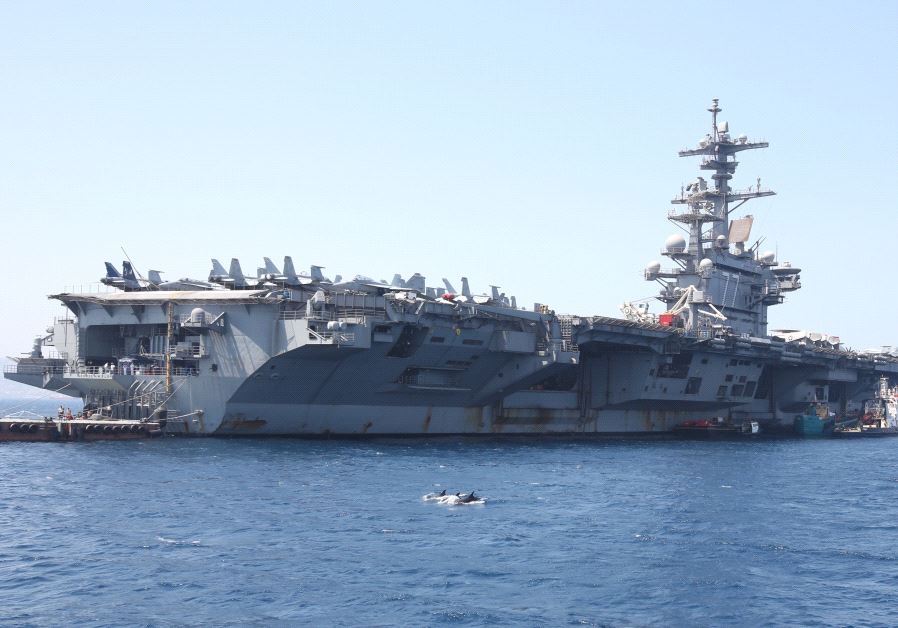U.S. Navy may stop docking in Haifa after Chinese take over port

The USS George H.W. Bush docked in northern Israel’s Haifa Port, July 3, 2017. (photo credit: MARC ISRAEL SELLEM/THE JERUSALEM POST)
Join Jerusalem Post Premium Plus now for just $5 and upgrade your experience with an ads-free website and exclusive content. Click here>>






Comments are closed.